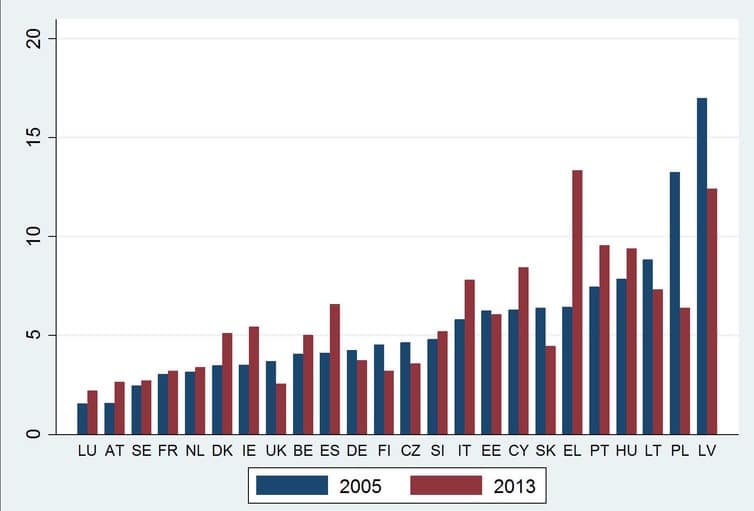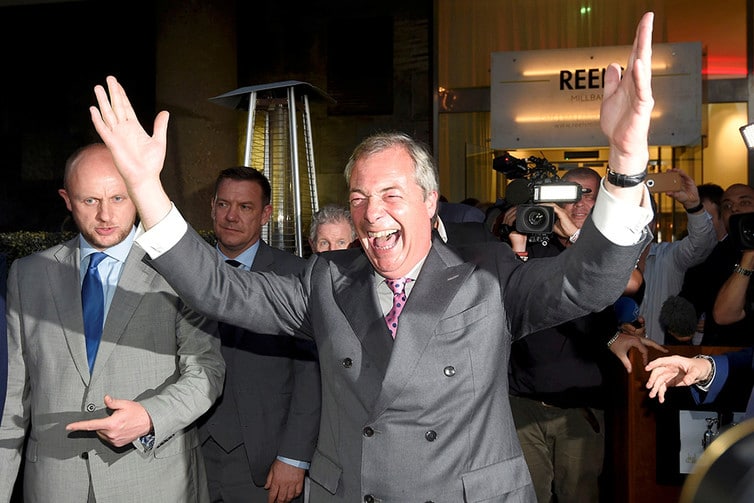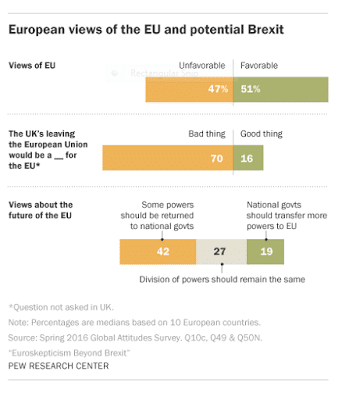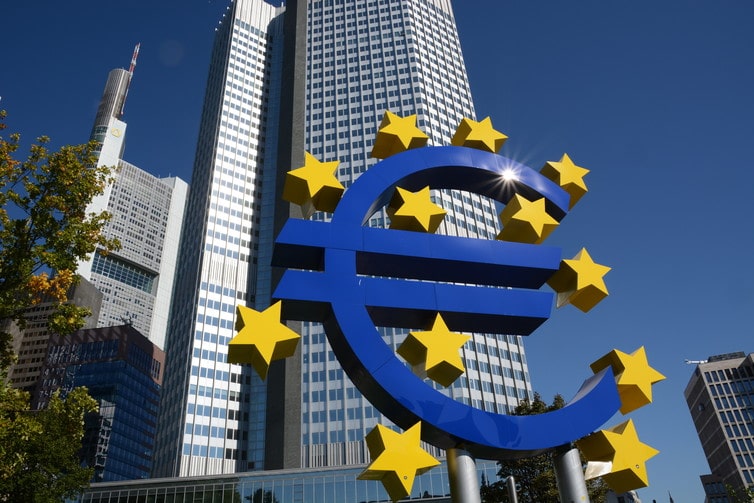The EU Poverty Bar is Moving Higher
Brexit caps off a turbulent decade for the EU. Many in the Eurozone will be hoping that it does not cause further economic turmoil, as it is becoming increasingly clear that the financial crisis of 2008-09 led to a substantial increase in poverty across the continent.
Not only did poverty intensify within those nations that were hardest hit during the crisis and required bailouts, but there has also been a dramatic change in the geography and types of poverty in Europe over the last decade.







